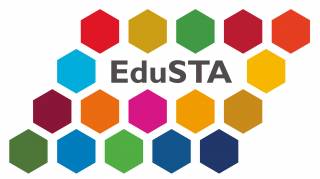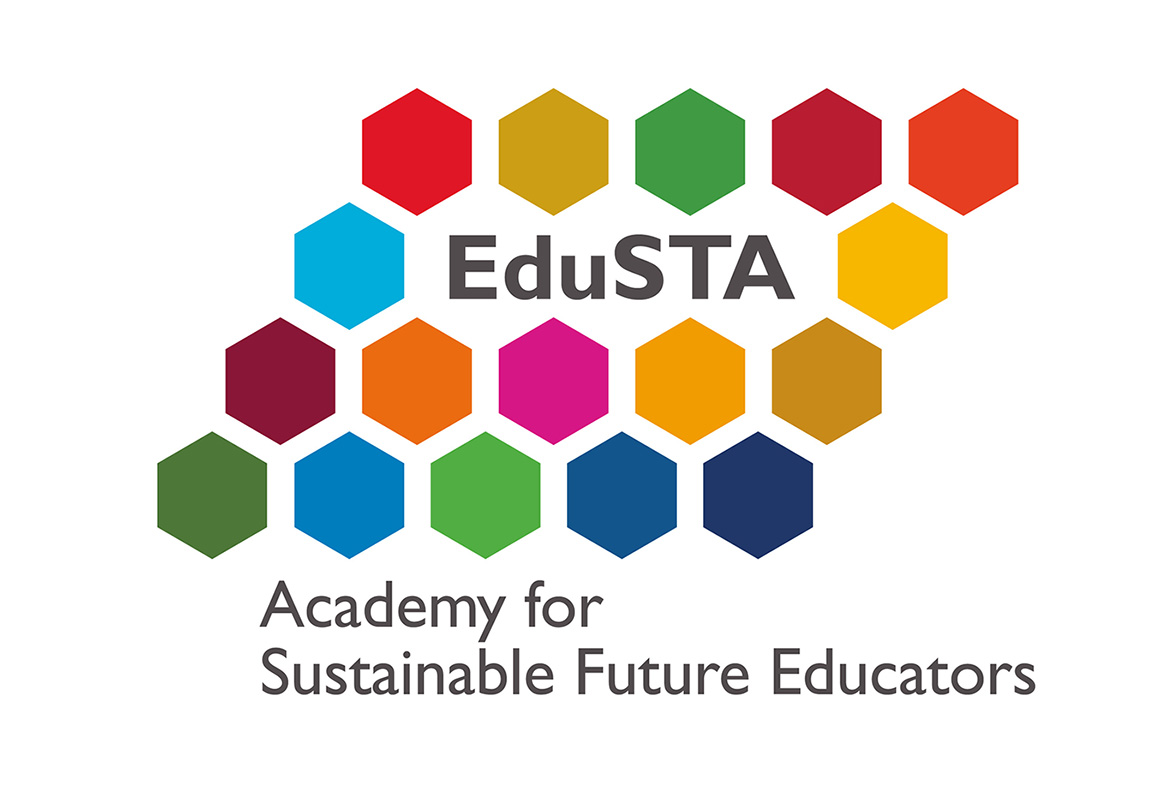In June 2022, EU Member States underlined their commitment to make teaching and learning for sustainability a priority in education through the adoption of a Recommendation on learning for the green transition and sustainable development. The Recommendation is a key policy statement highlighting the crucial role of education and training in working towards the goals of the European Green Deal.
Following this mandate, the European Commission has agreed that there is a need for greater support to be given to educators through training and professional development in this area and commissioned the development of an analytical report to review documented research and good practices in relation to effective teacher education for sustainability.
This report, titled “Teacher education for the green transition and sustainable development”, was launched in June 2023 and presents findings and recommendations drawn from an extensive literature review and supported by an international Key Informant Group. The report aims to inform policy decision-making and frameworks in this area at the European level.
Micro-credentials and open badges have been identified in the report as one of the catalytic points and actions that can provide some of the core pathways for changing the provision and mainstreaming of education for sustainable development in teacher education. The EduSTA project has been chosen as a case study to illustrate this leverage point.
The report showcases the value of this initiative in providing innovative means, through micro-credentials and badge competence recognition systems, of building capability of educators’ and motivating change in educational institutions. The full case study can be accessed here (link to EENEE’s – European Expert Network on Economics of Education – report Learning from thirty years of experience: Case studies in teacher education for sustainability).
Text:
Ingrid Mulà
Senior Lecturer
EduSTA Educational Developer and Researcher
University of Girona


